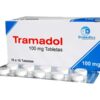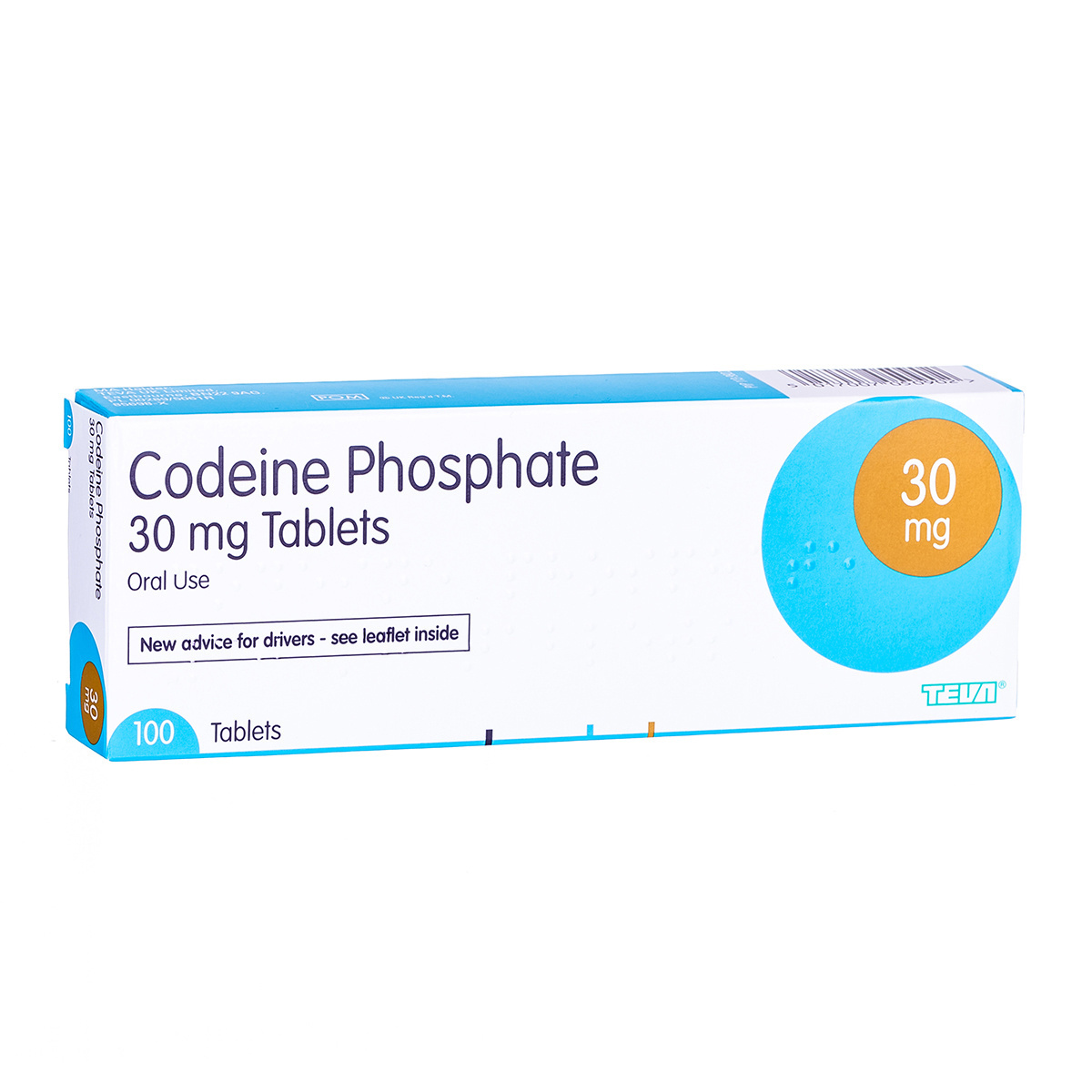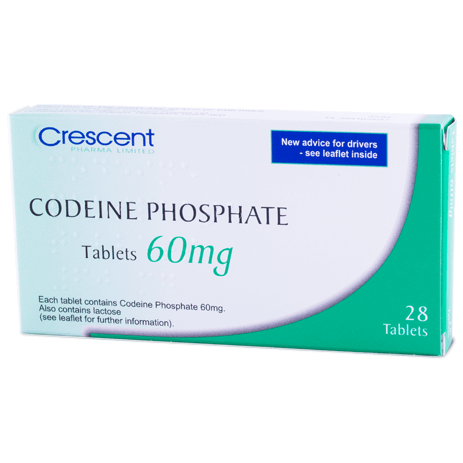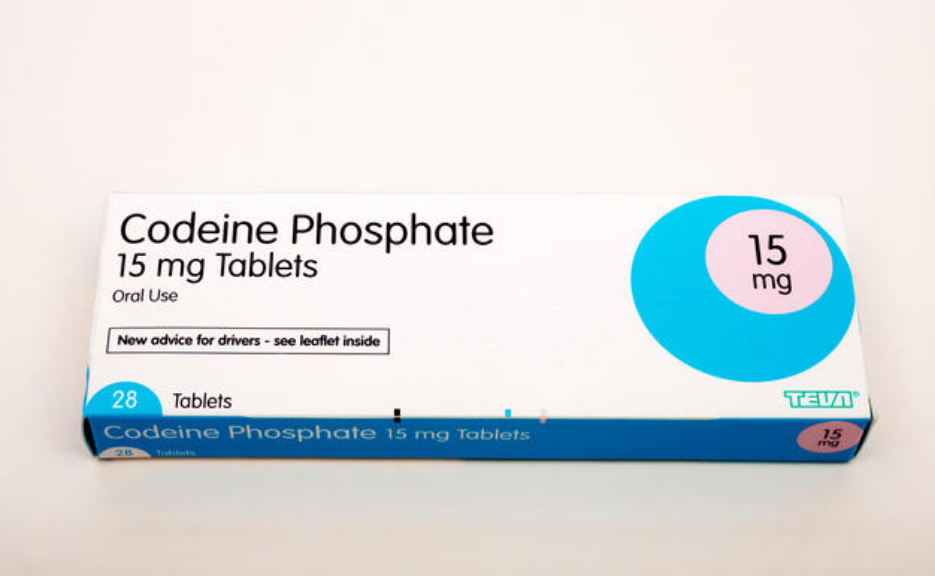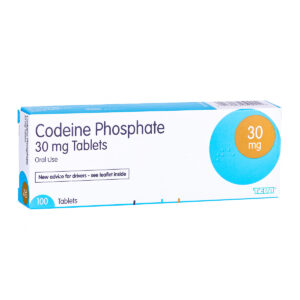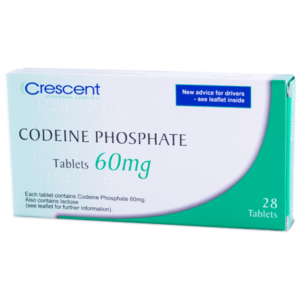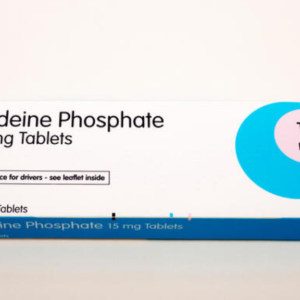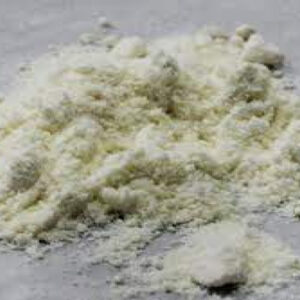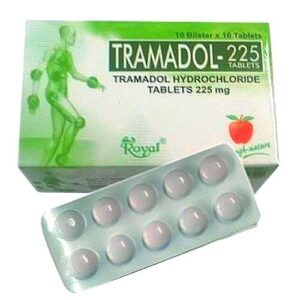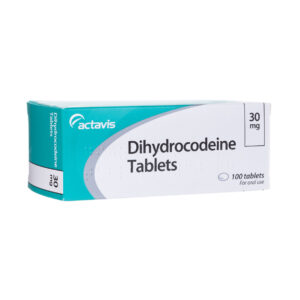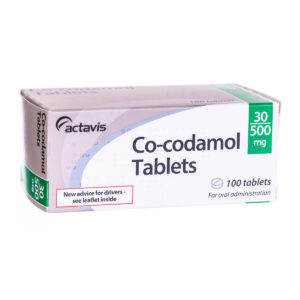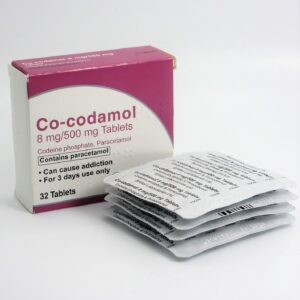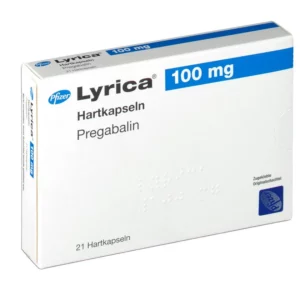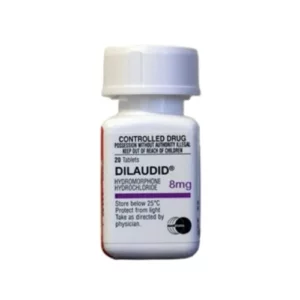Codeine Phosphate
£110.00 – £600.00Price range: £110.00 through £600.00
Codeine Phosphate is a painkiller that is sometimes recommended when other painkillers such as paracetamol or ibuprofen have not helped. It can also be used following an injury or to relieve pain after an operation.
Buy Codeine Phosphate Online
Buy Codeine Phosphate Online is a cough suppressant (antitussive) that reacts with the brain in a way that reduces the urge to cough. It can be prescribed for “dry cough”, or an otherwise unproductive cough that does not produce phlegm. Codeine is widely regarded as the “gold standard” in cough suppressants
Codeine can be prescribed for treating diarrhoea. Diarrhoea is best described as urgent stools that are passed watery and too often. Codeine is potentially addictive, making it unsuitable for chronic diarrhoea. Its side effects make it a second-hand choice after loperamide in the treatment of diarrhoea.
The primary reason Codeine is prescribed is to relieve pain. Codeine works to change how the brain and nervous system respond to pain. The combination of codeine with other medicines, such as paracetamol or acetaminophen may produce better pain relief. Codeine and paracetamol are combined to produce co-codamol.
Codeine belongs to a group of medications known as analgesics, which are used to inhibit pain. This drug is an opioid analgesic, and it works by blocking pain signals and your eventual response to pain. Codeine is used in treating mild to moderate kinds of pain.
Precautions
Before using codeine, tell your doctor or pharmacist if you are allergic to it; or to other opioid pain medications (such as morphine); or if you have any other allergies. This product may contain inactive ingredients, which can cause allergic reactions or other problems. Talk to your pharmacist for more details.
Before using this medication, tell your doctor or pharmacist your medical history, especially of:
- Brain disorders (such as head injury, tumor, seizures).
- Breathing problems (such as asthma, sleep apnea, chronic obstructive pulmonary disease-COPD).
- Gallbladder disease.
- Kidney disease.
- Liver disease.
- Mental/mood disorders (such as confusion, depression, thoughts of suicide).
- Personal or family history of a substance use disorder (such as overuse of or addiction to drugs/alcohol).
- Obesity.
- Stomach/intestinal problems (such as blockage, constipation, diarrhea due to infection, paralytic ileus).
- Disease of the pancreas (pancreatitis).
- Difficulty urinating (such as due to enlarged prostate)
| Strength | 15mg, 30mg, 60mg |
|---|---|
| Tablets | 100 Tabs, 200 Tabs, 300 Tabs, 400 Tabs, 500 Tabs Wholesale Price |
Related products
Buy Opioid Online
Buy Opioid Online
Buy Opioid Online
Buy Opioid Online
Buy Opioid Online
Buy Opioid Online
Buy Opioid Online
Buy Pain Relief Online

